Undeniably, the most potent computing device in our known universe is the human brain, but we are far from grasping its complete capabilities. The human mind is so precise that it can determine the distinction between hot and cold water simply by listening to a brief audio segment. Furthermore, studies have demonstrated that the human heart rate accelerates moments prior to a negative event, suggesting we possess some internal mechanism that can anticipate future occurrences.
In this list, we dive into how the human mind controls the rest of the body, stores memories, and does things you’ve never even thought about.
Here are 25 mysterious powers of the human mind!

Joints Predicting Rain

Have you ever heard someone predicting the rain based on how their body feels? Or maybe you can sense it yourself? Far from a myth, there are actually biological mechanisms to back up this power. A drop in barometric pressure usually means a storm or heavy rainfall is often coming. This drop can make the fluid in the surrounding tissue of joints expand, squeezing the joints and leading to discomfort.
In cartilage that has been worn out, nerves are left more exposed and feel more painful. These pains are particularly bad for those with underlying issues, like arthritis.
Migraines & Cold Weather

Headaches and migraines have a number of causes. But one of those could be the weather. After decades of debate, some researchers have found that headaches may be triggered before or during cold weather. They believe it’s a way of sending our body the message to look for a safer environment.
One survey found that as many as 3 out of every 4 people report that weather is linked to their headache pain. That includes changes in atmospheric pressure, extreme temperatures, and high winds.
Super Strength In An Emergency

We’ve all heard about a distressed mother lifting a car to save their child. This kind of power is called ‘hysterical strength.’ The power comes from your ‘fight-or-flight’ response, which starts in the amygdala of the brain and tells the body to shoot hormones like adrenaline and cortisol through the body. The two adrenal glands are just above your kidneys.
These stress hormones send more oxygen to your muscles, improve alertness, and give you a kick of energy from glucose in the body. In combination with this, endorphins are released, lowering how you experience pain. With all that combined, anyone can get super strength.
Your Eyes Can Predict That Spring Is Coming
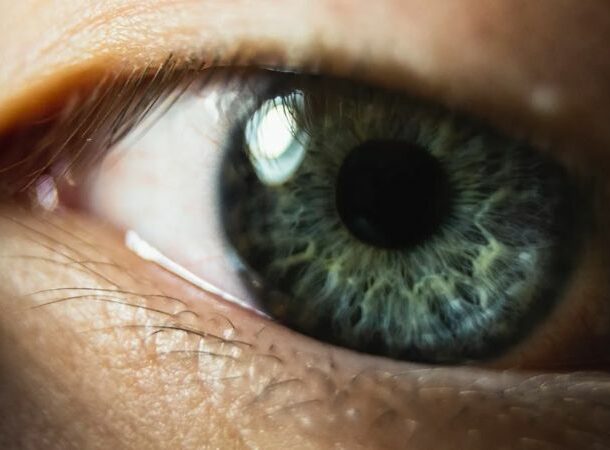
Hay fever affects up to 3 out of every 10 people in the world. Usually, that’s an annoyance. It means either taking medication or avoiding the outdoors. But there is one advantage to being sensitive to pollen, which are microscopic grains from flowers.
During the transition to spring, the pollen in the air increases. For some people, their eyes may become watery, itchy, or sensitive. Their body is signaling the arrival of a new season before they’ve even had a chance to check the calendar.
Your Smell Can Take You Back In Time

If you’ve ever fantasized about time travel, then listen up. It may not be a high-tech machine, but your body can take you decades back in time using the power of just one sense. Most senses are processed through a part of the brain called the thalamus, but odors are unique — they bypass this stage, meaning they can attach themselves to memories without us being conscious of it.
This is why the triggering of certain memories seems to be almost entirely independent of thinking processes, instead evoking immediate emotional responses. Odor-evoked memories can even reduce stress and inflammation, which is linked to a range of diseases.
Your Pupils Reveal When You're In Love
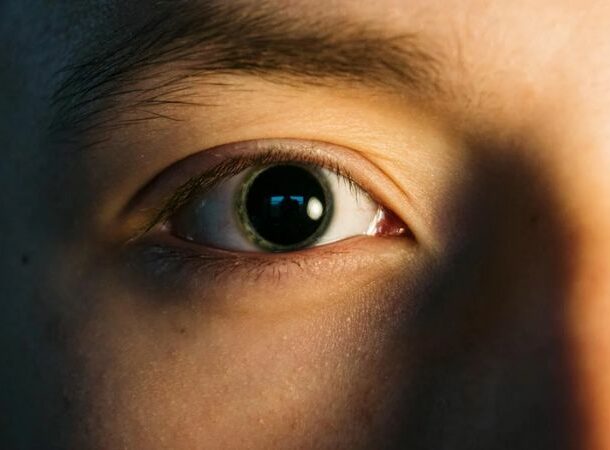
When you feel love, your brain sends a flood of signals through your body. Those are mainly through oxytocin and dopamine, which are known as the ‘love hormones.’ They give you a rush of pleasure, as well as reduce stress and blood pressure. One of the most noticeable effects is the pupils dilating. It’s not only love that causes this effect, but puppy dog eyes are a pretty good indicator.
A Woman's Vagina Can Get Turned On Before Her Brain

Despite the myth, research shows that men are not more ‘visually stimulated’ than women. It’s just that the signals of stimulation are sometimes hidden — even women themselves fail to pick up on them. The vagina automatically lubricates in preparation for penetration, often a long time before the brain is aware of arousal.
Your Heart Rate Can Tell The Future
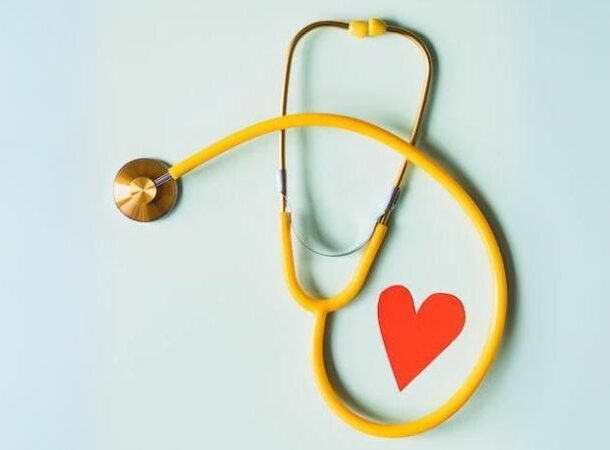
Ever wanted to know what your future holds? Looking inward might be the answer.
Scientists at the HeartMath Institute hooked up a group of participants to heart rate monitors and had them participate in a computer-generated gambling experiment. What they found was that when a negative outcome was approaching, the heartbeat of participants would speed up — significantly more than when a positive outcome was imminent. They call this a ‘pre-stimulus response.’ In simple terms, it means that the heart seems to be able to predict when something bad is about to happen. And at a much higher rate than random guessing would. There isn’t a solid explanation for it yet either.
Storing Memories
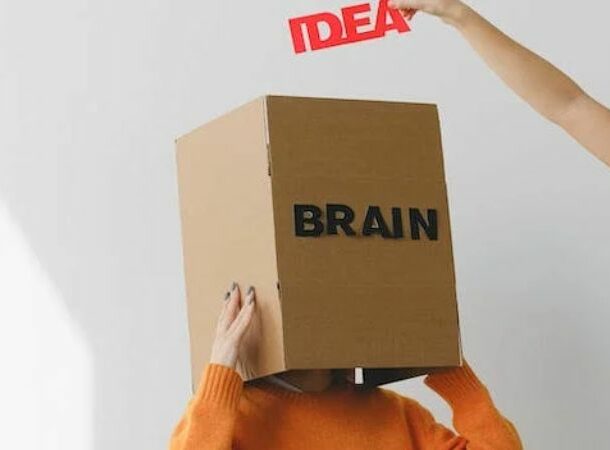
One of the biggest medical mysteries is also vital to our experience of the world: how are memories stored? You might be surprised to know that scientists still don’t have a complete explanation. The only thing certain is that there are physical changes to the brain, involving the synapses between brain cells, whenever new memories are processed and stored. Exactly how this happens is still a matter of fierce debate.
Short-term memory likely involves a number of chemical changes to synapses while long-term memories are mainly stored in the cerebral cortex. But there are few concrete answers about a power that is so important to our lives.
Bioluminescence

When you hear this word, you might think of deep sea creatures or jellyfish, lighting up their inner bodies. But humans actually have this power too. It’s just that the light we emit is thousands of times lower than what is visible to the human eye. Experiments have confirmed this.
Using hyper-sensitive cameras, researchers monitored a group of subjects, who were kept inside a light-proof area and snapshotted for 20 minutes every three hours. They found that all participants in fact did ‘glow’ — from the neck, cheeks, and forehead, especially towards the end of the afternoon. The reason lies in metabolism. The light comes from chemicals in cell respiration. When they combine with certain proteins they emit photons — or light particles.
Hearing Temperature
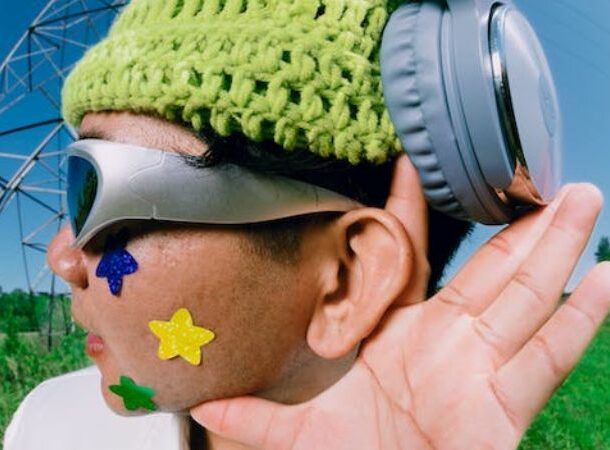
Did you know that the sound of pouring hot water is different from cold water? Well, your brain does. A British company found that humans have the ability to hear this difference. Scientific studies followed this test.
One found that around 93% of participants could distinguish between hot and cold. Because of the way the molecules group together more tightly, cold water sounds slightly more viscous than hot water. Another more recent study has even suggested that humans are capable of making ‘nuanced judgments’ about the temperature of the water.
Gaydar

You might be surprised to know that ‘gaydar’ is a real power. It’s been proven that we can interpret a range of non-verbal cues to reliably determine someone’s sexual orientation. These include sound, appearance, and behavior. Even short sound recordings or a brief image of a face can be enough because the evaluation is almost automatic. Seeing a face for as brief as 50 milliseconds was enough to determine another person’s sexuality.
Recognizing A Smile Before It's There

There’s no better feeling than somebody smiling at you. Apart from giving you a feel-good sensation, a smile triggers a change in the way you speak. But smiles come in different types: there are real ones and fake ones. Researchers found that we are reliably able to tell the difference. More than that, we can even anticipate a smile before it appears on someone’s face — but only when it’s genuine.
'Tip of the Tongue'

The feeling of having something on the ‘tip of your tongue’ is well-documented.
The scientific term is ‘lethologica’, and it is related to ‘generic recall.’ Studies have found that when people are searching for a word they don’t use frequently, they are often able to identify almost everything about it. That includes the meaning of the word, the number of correct letters, and even the number of syllables. You are more likely to have something on the ‘tip of the tongue’ when you are tired and this feeling gets more frequent with age. The best solution for it is to relax and try to put it out of your mind. If you can be patient, the word will often ‘pop back’ into your head.
Becoming Your Parents

As much as many of us might try to avoid it, becoming our parents is a normal part of life. That’s because of how our brain absorbs information. At a very young age, through implicit memory, we develop emotions and models of behavior from our caregivers. Socialization and environment growing up are important, but one of the most important factors in shaping our core beliefs is our early relationship with our parents.
A secure attachment or a compromised attachment has lifelong consequences. Children who are neglected have their brain development interrupted — certain circuits related to behavior, learning, and health are impaired. Children who get healthy feedback and care have improved cognition and all-around health.
How Time Is Represented In The Brain

Our brain is constantly working behind the scenes to make sure that everything we experience feels seamless.
But there is actually around 30 milliseconds of lag between the processing of sounds and sight. To smooth this over, our brain employs ‘temporal recalibration.’ Researchers at McGill University found in experiments that they could make the brain recalibrate incorrectly by randomly changing the distance between sounds and images.
Sense Of Smell As Strong As Dogs

When it comes to expert smellers, we usually employ dogs — for drugs, food, and hunting. But humans have a pretty strong sense of smell too. One experiment tested this with a group of students on a football pitch, who had to follow a 30-foot string soaked in chocolate using only their noses. Most of them were successful.
According to one study, humans can smell over one trillion different odors. In the part of the brain involved with smell, called the olfactory bulb, humans have a similar amount of neurons as mice. And we are equal to dogs at smelling things like amyl acetate, an odor that smells like a banana. Food seems to be our strength.
Detecting Ovulating Women

It turns out, there is a perfect time of the month to meet somebody. Ovulation only lasts between 16 and 32 hours each month, but it’s the most important time for childbirth. It’s when an egg is released from the ovaries, ready to be fertilized. Studies have shown that humans are pretty good at picking up on this, even if it’s often unconscious. Women are able to do this just by looking at another woman’s face. Men have a similar power too. Men are more attracted to women who are ovulating, even just by smelling their clothes. Now, there are even ‘odor dating services’ designed to match people based on their scent.
Laughter

Laughter is essential as it is mysterious. There seem to be a few reasons why humans do it. Evolutionary psychologists believe that it likely developed as a way to socially bond. It communicates to others there is no danger. Other animals laugh for that very reason.
Internally, endorphins are circulated throughout the brain and your adrenaline levels are lowered, making you more relaxed. It begins with an electrical wave in the brain and involves the left part of the cortex for analysis, the frontal lobe for social emotions, and the motor sections. Laughter seems to be a kind of workout for your brain.
Phantom Feelings

Losing parts of your body doesn’t always translate to your brain. ‘Phantom limb sensations‘ are extremely common — between 80 to 100% of amputees report it. These sensations are generated by nerves in the spinal cord and brain that are used to send pain signals to the limb.
These feelings can be advantageous when using a prosthetic limb, but they can also be incredibly painful.
Sleep

The average person will spend around one-third of their life sleeping. Scientists have known how essential it is for centuries. Three days without it is enough to trigger hallucinations and the longest time ever recorded without sleep is 11 days. Sleep deprivation has been linked to a host of health conditions — from mental health and stress to heart disease and stroke. The big question is why humans have evolved to depend on sleep.
It starts with our circadian rhythm, which moves with the light and dark cycles of the Earth. It goes down to the cellular level. Research has found that sleep may be the essential activity needed to circulate cerebrospinal fluid and ‘sweep away debris’ from cells. But the debate is still lively and there is no clear answer in sight.4
Your Brain Generates Enough Electricity To Power A Lightbulb

The brain is the engine of the body — literally. The 100 billion neurons that make it up consume around 20 percent of all energy in the body. What does it use all this energy for? In a nutshell, computing. The brain is constantly processing and transmitting information through electrical signals.
All these processes run on about 12 watts of power, enough to power a small light bulb, but around 15 times less than the average computer. Considering that supercomputers still can’t compete with humans in many tasks, our brain is a remarkably efficient processor.
Changing The Structure of the Brain
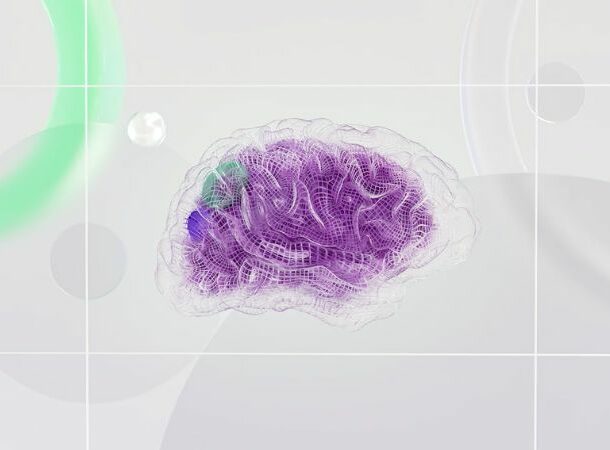
Despite being the strongest, your brain is probably the most flexible organ in your body. When you learn a new language, fact, skill, or anything in between, the brain is actually rewiring itself. Messages are carried over between synapses, which can combine in different ways to make a staggering 150 trillion connections.
As you learn, messages are sent along particular pathways, creating new types of connections and literally changing the physical structure of your brain.
Exercise Is Just As Good For Your Brain As Body

We all know that exercise is good for the body, it helps to reduce weight, improve your cardiovascular system, and reduce the risk of illnesses. But did you know that it’s just as important for the brain? Aerobic exercise increases the size of the hippocampus, which is the part of the brain responsible for learning and verbal memory, improving cognition. It also boosts the chemicals that help new blood vessels grow in the brain.
Cholesterol Is Key To Learning And Memory
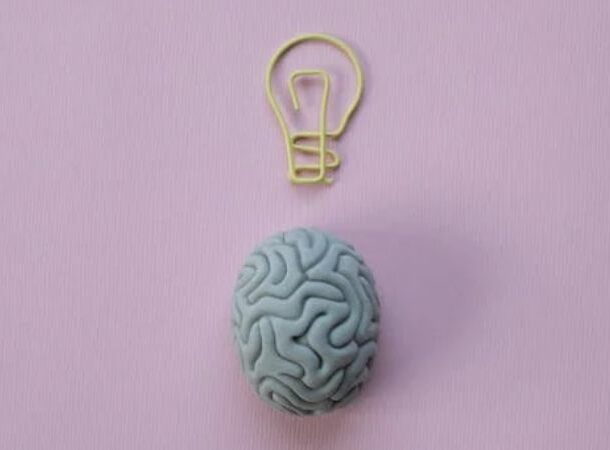
Cholesterol has become a dirty word for many people. However, 25% of the body’s cholesterol is found in the brain. And it’s not the kind of cholesterol that we eat.
Instead, the brain makes its own cholesterol. That doesn’t mean that what you eat doesn’t affect your brain though. A certain kind of cholesterol, known as ‘high-density lipoprotein’, like nuts, oatmeal, avocado, and olive oil may help fight the brain tissue that has been associated with Alzheimer’s.



























